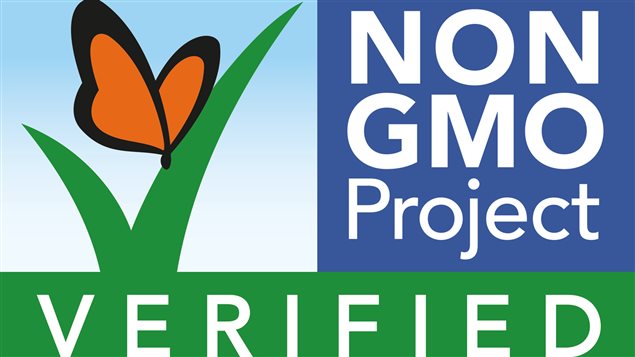Genetically modified organisms, or GMOs, have been a topic of controversy for many years. So what’s the deal with GMOs? Are they really that bad? We’ll take a closer look at the scientific evidence surrounding the safety of GMOs, as well as ethical and environmental concerns that people may have. So, if you’re curious about why people are worried about harmful GMOs, keep reading to find out more.
What are Genetically modified organisms?
GMOs, or genetically modified organisms, are living organisms that have been modified using genetic engineering techniques. This involves the manipulation of an organism’s DNA in a laboratory to introduce new traits or characteristics that are not naturally occurring.
In the context of agriculture, GMOs are used to develop crops that are resistant to pests or herbicides, or that have increased nutritional value or longer shelf lives.
Long-term scientific evidence to suggest that GMOs are inherently bad for human health remains unknown. GMOs have been extensively researched and tested by scientists over the past few decades and are safe for consumption.
However, concerns have been raised about the potential long-term effects of consuming GMOs, their effect on biodiversity, cross-pollination with non-GMO plants, and their use that perpetuates the production of large-scale mono-crop agriculture which has contributed to climate damage and a reduction in essential pollinators.
What ingredients are most commonly Genetically modified?
Soybeans: GMO soybeans are widely grown in the United States, Brazil, Argentina, and Canada. They are typically modified to be resistant to the herbicide glyphosate, allowing for more efficient weed control.
Corn: GMO corn is also widely grown in the United States, as well as in Brazil, Argentina, and Canada. It is commonly engineered to produce a toxin that is lethal to certain pests, reducing the need for harmful pesticides.
Cotton: GMO cotton is grown in several countries, including the United States, India, and China. It is often modified to resist pests and reduce the need for insecticides.
Canola: GMO canola is grown in Canada and the United States and is typically engineered to be resistant to herbicides.
Are all GMO products labeled?
Food products in Canada are not legally required to label foods Genetically Modified. While you won’t come across as many fruits and vegetables that are GMO, many processed and packaged foods tend to have more GMO ingredients in them.
The Non-GMO Project label was introduced in Canada in 2010. The Non-GMO Project is a non-profit organization that provides third-party verification and labeling for products that have been produced without the use of genetically modified organisms (GMOs).
If you’d like to avoid GMO’s opt out of heavily processed foods and look for a Non-GMO label on your groceries items.

GMOs at Spud
At Spud we will always stand for healthy ingredients. Our goal is to provide groceries with none of the ‘bad stuff’ you don’t want to feed your family. We stand by the rigorous quality standards we use to guide every product that makes our shelf. We do not sell GMO product items.
Our natural and gourmet foods are selected for variety, quality, and wholesomeness, with a preference for locally and Organically produced goods. New products are screened for possible high-risk GMO (genetically modified organisms) ingredients as well as other ingredients deemed to be unacceptable in Organic and natural foods (e.g. artificial colours, MSG).
The Non-GMO Project certification is a great tool that most natural and organic food manufacturers have adopted to help verify that their product meets the requirements to be labelled GMO-free. You can search for these products on Spud using the filter on the left-hand side.














